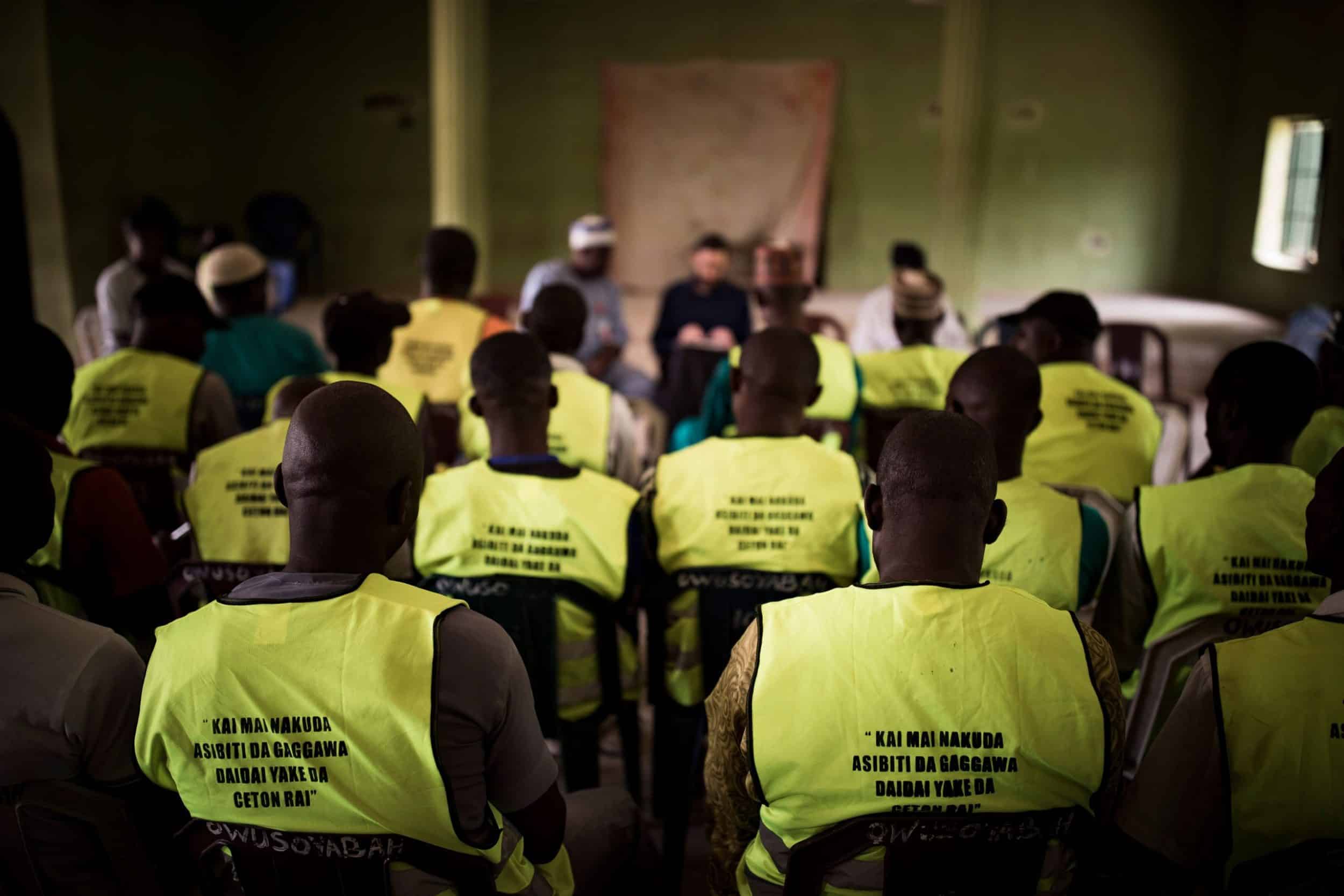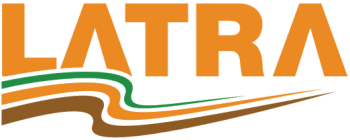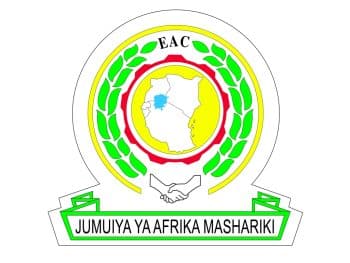Reports and Research Papers

Review of the eBox Initiative in Madagascar, under the MAHEFA Programme, April 2016
The Madagascar Community-Based Integrated Health Program (CBIHP), known locally as MAHEFA, is a five year, USAID-funded community health program that provides basic health services in: maternal, newborn, and child health, family planning and reproductive health, including sexually transmitted infections, water, sanitation, and hygiene, nutrition and malaria treatment and prevention, to underserved populations in six remote and poor regions in north and north-west Madagascar (Menabe, SAVA, DIANA, Sofia, Melaky, and Boeny). JSI Research & Training Institute, Inc. manages the Madagascar CBIHP in partnership with The Manoff Group, Transaid and 15 Malagasy NGOs.
Community Health Volunteers (CHVs) play an essential role in the delivery of health services where communities are isolated and under-served by health facilities. However, their voluntary status is a potential constraint to continuity of service and therefore their levels of motivation are key considerations. As well as addressing issues around CHV mobility, a focus of the MAHEFA program has been to develop income generating activities (IGAs) via the introduction of ‘enterprise’ boxes or eBoxes. This report focused on this eBox activity.
As part of a wider integrated approach to addressing transport-related barriers to accessing healthcare, eBoxes in Madagascar are social micro-enterprises functioning as cooperatives whereby bicycle sale and repair shops are set up which provide a small income for CHVs as well as contributing to wider community health projects in local communities. Each eBox employs approximately ten staff on a part time basis and is overseen by a management committee. Each eBox benefits approximately 40-50 members of the cooperative when dividends are paid. Training was carried out by MAHEFA to try and ensure that each eBox develops into a profitable, self-sufficient business whereby profits are re-invested in community health activities as well as further resupplies of bicycles and spare parts.
This report constitutes a review of the eBox initiative under MAHEFA and aims to improve the program’s understanding of its impact as well identify lessons learned and subsequently recommendations for future interventions. Questionnaires were designed to gather information including day to day operational data, bicycle quality and future sustainability after MAHEFA’s involvement finishes. Stakeholders from all four eBoxes in Madagascar were targeted to participate, either through focus group discussions or one-to-one interviews.
Out of a total of 43 people currently employed over the four eBoxes, 29 are CHVs and the findings point to high levels of motivation amongst CHVs specifically in response to the IGAs. A total of 2,562 bicycles have been supplied to the four eBoxes collectively, of which 82% have been sold with average earnings to date at USD16,000 for each eBox. Three out of the four eBoxes had contributed a proportion of their profits to support local community health insurance schemes (mutuelles), community based emergency transport schemes (where applicable) and improving the CHV huts (toby), averaging between USD100 to USD200 annually. Additionally, three out of four of the eBoxes are beginning to diversify their activities to include the sale of rice and fish.
Clients who have bought bicycles from the eBoxes report doing so for a variety of reasons, for example for children to travel to school, or for farmers to transport small quantities of produce to markets. The review found that with the creation of the eBoxes, communities can access affordable spare parts and repair services for bicycles, which is particularly important in areas where large numbers of bicycles have been provided to CHVs.
The quality of the bicycles was reported to be very high by all of the cooperatives, with people favoring mountain bikes and BMXs. Two management committees stated preferences for bicycles with aluminum frames, suspension and disk brakes as these are most appealing to customers. It should be noted that whilst these features may be attractive, features such as disk brakes are likely to cause difficulties when sourcing parts for repairs in the future. The cooperatives advised they were happy with the variety of bicycles in the container as people can choose according to the own preferences, although adult bicycles fetch a higher price so are more attractive to cooperatives in that regard. The bicycles arrive in the containers in a ‘semi-knocked down’ state and then they are reassembled by the technicians at the cooperatives. Often handlebars needed tightening, brakes adjusting or saddles/pedals attaching before sale. The cooperative also advised that they often needed to fix gear and break levers prior to sales. After sales, bicycles are typically brought in for repairs to brakes, cables and gears, pedals, tyres and derailleurs. Customers frequently look to buy wheel rims, tyres, inner tubes, aluminum pedals, saddles and gear and brake levers, 24 inch and 26 inch tyres, chains and rims.
Several challenges were identified during the review. The cooperative structures were new and were comprised of people who had not worked together before, although they were all involved in community health activities. Two of the four eBoxes changed their President in the first year and, initially, there were some internal communication and trust issues. When the bicycles arrived, there was haste to move straight to a sales stage. In some cases, there was pressure from the cooperative members and management committees to begin sales before training had been completed. All four of the cooperatives have focused on selling bicycles rather than running a bicycle repair shop on an ongoing basis. This is most likely due to the higher profits that can be realised in a shorter time when a container of bicycles arrives as well as issues of confidence on repairs in some places. All four eBoxes are missing out on potential revenue from offering repairs.
Some important recommendations for future programmes emerged. It would be important to consider choosing cooperative participants with prior experience of collaboration, potentially through already-established NGOs or other local organizations. Additional capacity shortages should be addressed in future training with particular emphasis on the disbursement of payments either as salaries or dividends, with an extended period of support for wider training needs. In addition, the development of well-defined standard operating procedures (SOPs) should also be developed collaboratively between implementing partners and cooperatives in advance of implementation. Refresher training for technicians should also be considered. Future programmes considering eBoxes would need to plan for more support both before the first shipment of bicycles arrives (training and clear SOPs in place) and after (adequate support visits).







